As a PHP developer I must set privileges for each database user on my web hosting panel. I read some articles like which privileges should be set for website database user / client in mysql in Stackoverflow.com, but there are something missed in it I think.
This is what I have to set in my web hosting panel:

I know about SELECT,INSERT,UPDATE,DELETE,CREATE,DROP,ALTER,GRANT,CREATE TMP TABLES. But I need to know do I must set or unset the privileges for INDEX,REFERENCE, and LOCK TABLES.
What are these 3 last privileges for?